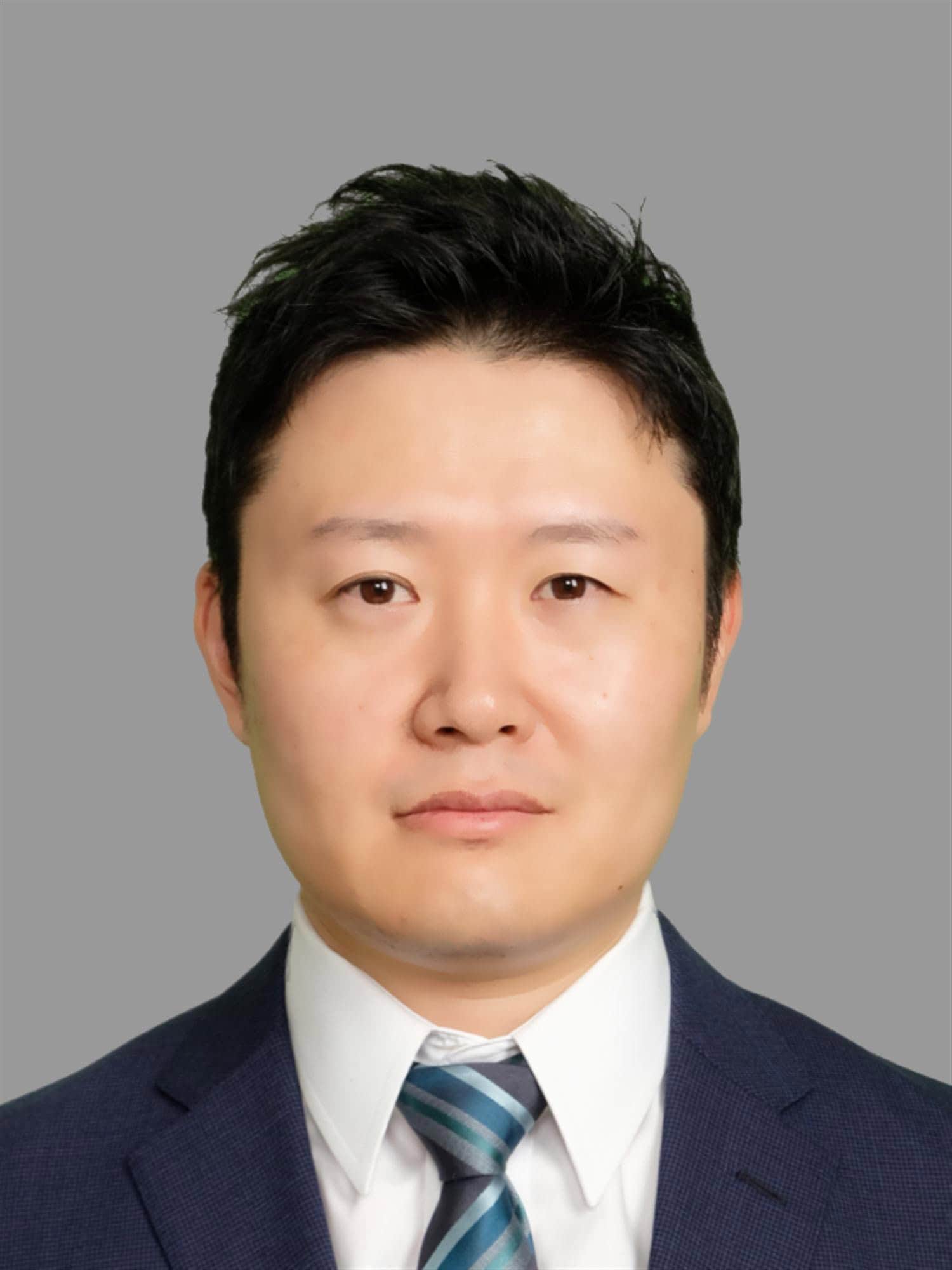
Taku Watanabe, PhD. is a Principal Researcher at Preferred Computational Chemistry Inc.
He earned his Ph.D. in Materials Science and Engineering from the University of Florida and did postdoctoral research in Chemical Engineering at Georgia Institute of Technology.
In 2012, he joined Samsung R&D Institute Japan and dedicated his career for all-solid-state battery research for nearly eight years.
His current research interest extends to battery materials, nanoporous solids, surface science, and the application of machine learning technology to computational chemistry in general.
Revolutionizing Materials Discovery with Matlantis: Fast, Scalable Atomic Simulations
Preferred Computational Chemistry is a Tokyo-based company advancing the frontier of materials discovery through cutting-edge simulation technologies. In this presentation, we will introduce Matlantis [1], our atomic-scale simulation platform powered by a universal machine learning potential [2,3] co-developed with Preferred Networks. Matlantis combines the accuracy of first-principles calculations with GPU-accelerated performance and scalability, enabling high-throughput simulations across a wide range of materials systems and chemistries.
We will showcase how Matlantis supports faster, cost-effective research and development for both industry and academia. The talk will include selected use cases in catalyst design and battery materials, demonstrating how our users leverage Matlantis for rapid screening, mechanism elucidation, and materials optimization. By bridging simulation and practical application, Matlantis empowers teams to make data-driven decisions at unprecedented speed and scale.
References
[1] Matlantis (https://matlantis.com/), software as a service style material discovery tool.
[2] S. Takamoto, et al. Nat Commun 13, 2991 (2022). doi: 10.1038/s41467-022-30687-9
[3] S. Takamoto et al. J. Materiomics, Vol. 9, 447-454 (2023). doi: 10.1016/j.jmat.2022.12.007